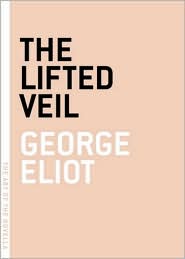
Notes 3/30 Laura Mandell's theory of literary art:
The novel emerged in the 18th century, and the short story came into existence in about 1800. With these developments, genre fiction (which is formulaic) came into being.Certain genres of fiction and certain genre fiction writers have been included in the literary canon, while others have been excluded. Theoretically, the canon has now been blown apart. The study of "great" literature has been replaced with cultural studies. Some cultural studies proponents want to abandon the concept of "great art." Aside from the fact that this wouldn't work, it is not a good idea; we are all artists, and should all respect each other as such. However, when we think we find out what great art is, we project ourselves onto that art, giving credit to these artists and not to ourselves. In the "Stand By Me" video we watched on YouTube, it was easy to view all the musicians as great artists, despite the fact that they were "ordinary" people.
So why is it so hard for us to recognize the artists within ourselves, and within the "ordinary" people around us? Part of the reason is that we have a finite amount of attention that we have to give as well as a limited amount of attention that we receive. Perhaps from now on (at least for the rest of the semester) we should try to see everything as great art. If we don't love it and understand it, we should identify the fault as being within ourselves. Maybe we just need to learn more, to understand more, to become more open.




